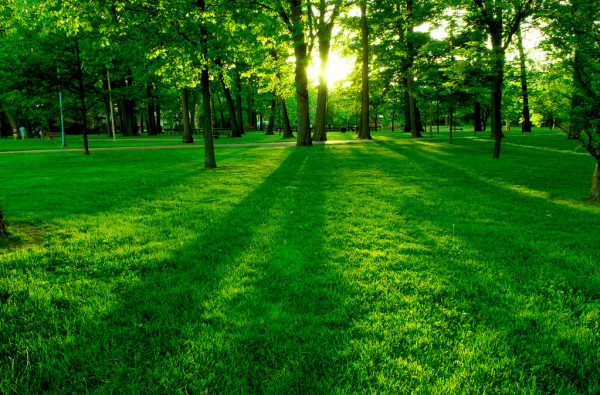There is an urgent need to go green. In the current environment, it is difficult for most of us to fully appreciate the impact that humanity’s activities have on our fragile planet. In fact, I would argue that there currently is no more pressing issue facing every single one of us than environmental degradation…Overpopulation has been a concern since Thomas Malthus wrote about the dangers in his Essay on the Principle of Population in 1798. His argument was simple: populations tend to grow exponentially while food production only grows arithmetically-hence inevitable famine and starvation when population growth outstrips agricultural production. While he may have been right about impending starvation for some countries at some point in time, what we have seen over the last 50 years has been a steady rise in agricultural production worldwide…However, what we are currently witnessing is not an improvement in food security but rather the reverse. While there has been a substantial increase in global calorie production in recent decades, one billion people remain hungry or malnourished. Furthermore, many countries that were once exporters of grain have now become importers.
One significant factor underlying this trend is climate change which has contributed to the increased frequency of extreme weather events such as droughts and floods. Some scientists have argued that the drought in Syria was exacerbated by climate change and eventually contributed to social unrest which led to civil war. A joint UNEP – UNCTAD report noted that “there is overwhelming evidence that the frequency of weather-related disasters is on the rise. Since 1970, there have been nearly two disasters per year on average, with four or five becoming commonplace since 1990.”
It is estimated that 75% of our natural resources are being utilized in an unsustainable manner…While it may be true that some countries are still struggling to meet the basic needs of their people despite rising population numbers, any gains that may have been made in alleviating poverty are threatened by environmental degradation…Saving our planet means finding ways to produce goods and services while consuming less energy and raw materials. It means finding alternative sources of energy through investment in research and development for renewable technologies which will replace fossil fuels. This is possible but it will require visionary leadership that can inspire us to take more responsibility for our planet.
This is what the UN Secretary-General Ban Ki-moon has called “the defining challenge of our time” and it will require each one of us, as citizens of this planet, to play a part.





